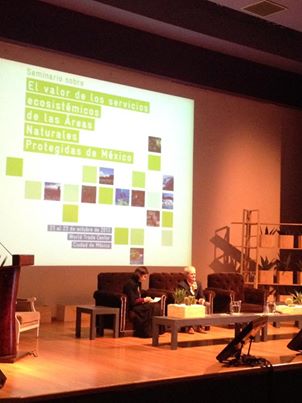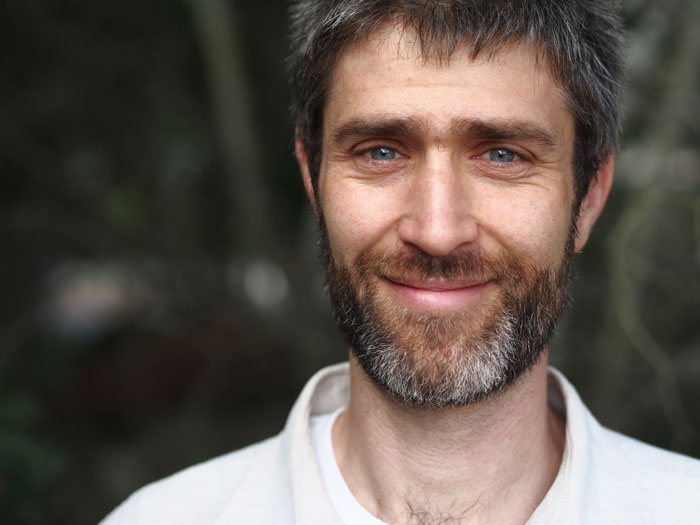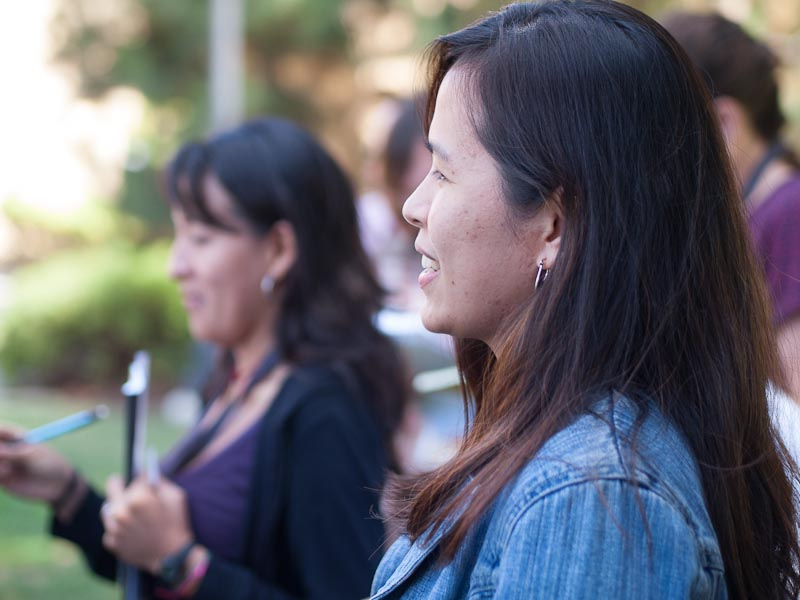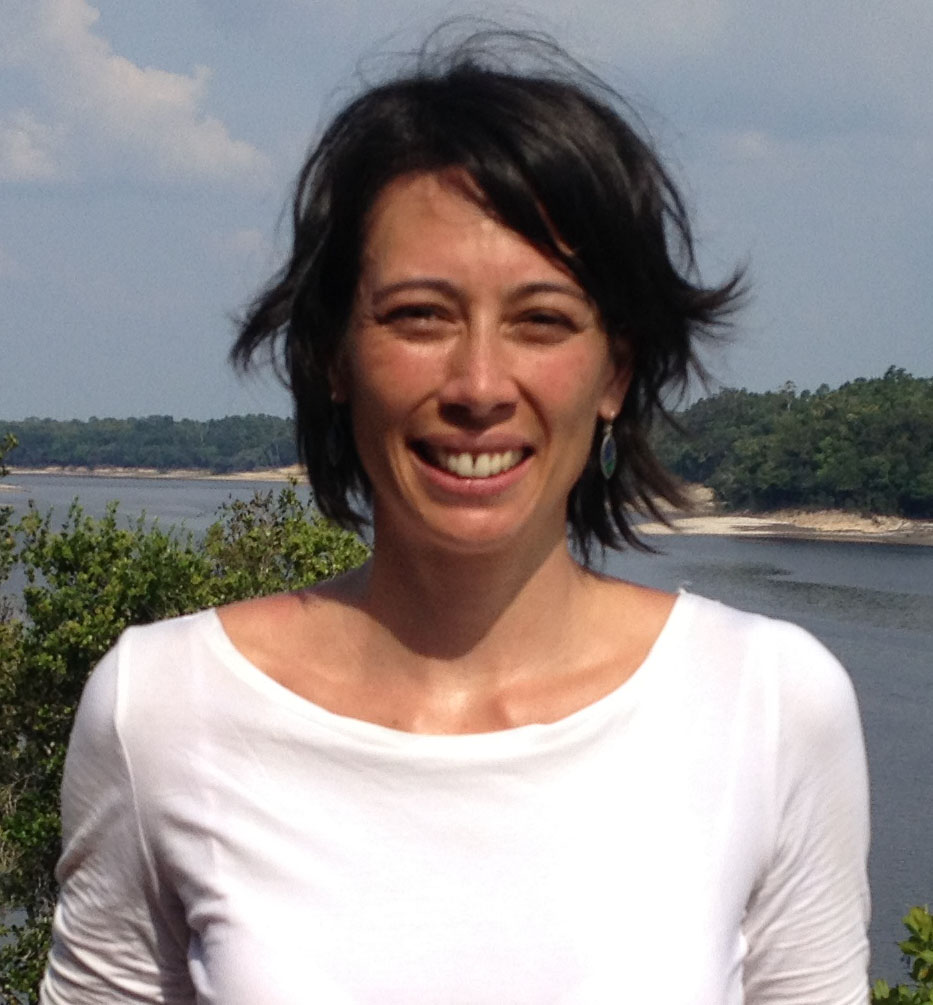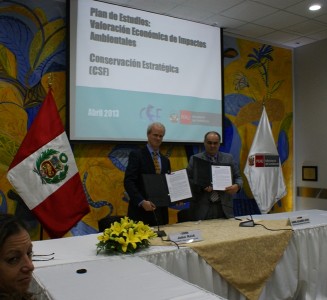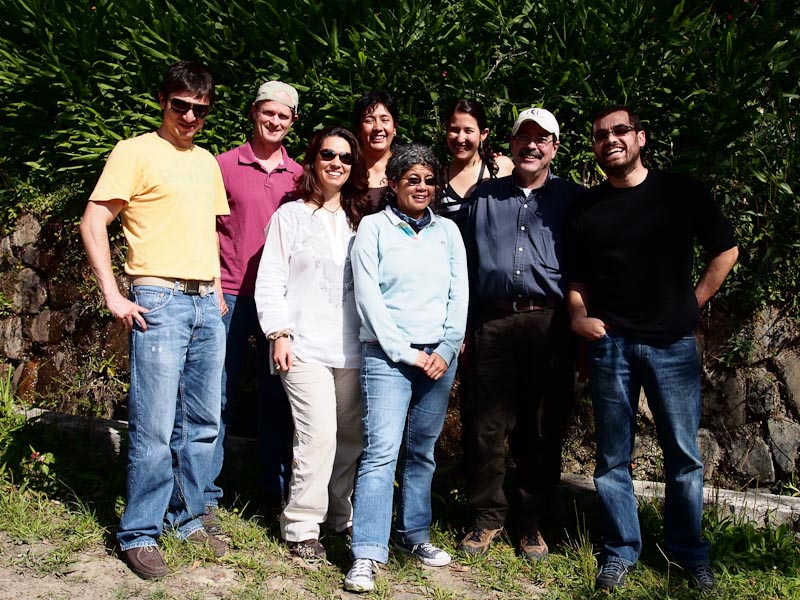News
CSF economists Susan Seehusen, Aaron Bruner and John Reid joined the German technical support agency, GiZ, and the Mexican Protected Areas Commission, CONANP, to support two big efforts to leverage the economic value of protected areas.
Over weekend of October 18-19, Aaron and Susan joined GiZ and parks officials from a handful of Latin American countries to provide technical guidance for the newly launched ValuES program. Yes, that's an upper-case ES for Ecosystem Services; the program focuses on highlighting the values protected ecosystems deliver to human communities in focus countries such as Mexico, Brazil, Peru, Vietnam and India, among others.
CSF is opening a program of “office hours” with experts who will help you figure out what to analyze and how. These consultations are free and an exclusive service for graduates of CSF courses..
Here’s how it works: Click on the link below and provide some basic information about the issue, problem, policy or activity you want to analyze. We’ll gather the ideas and set up a meeting for you with a member of our staff or one of our consulting experts via videoconference or telephone.
Examples of analyses we will help you design could include
• cost-benefit analysis of a sustainable development project,
• revenue strategy for a protected area,
• formulation of arguments to confront a specific environmental threat,
• economic valuation of an ecosystem or protected area,
Since he was a young child, Aaron Bruner has been interested in forest conservation. For much of his youth, he had intended to be a conservation biologist, but while at Wesleyan University, he had an economics professor who "blew his mind", and he realized that the best route to accomplish conservation was through the power of economics. It was then that he chose to study economics as an undergraduate in order to be able to speak the language of policy-makers and developers to achieve the greatest impact.
The Gordon and Betty Moore Foundation awarded a grant of $256,000 this month to support CSF's Conservation Economics Initiative. The CEI is a CSF-Duke University effort to spread the effective use of conservation economics to benefit natural ecosystems. Moore's support, along with funds from the John D. and Catherine T. MacArthur Foundation, will be used to set up local hubs where CSF-style conservation economics courses can be delivered by our own course graduates. The CEI will also take CSF's deep in-person training know-how and transform it into online teaching resources to make sure that more conservationists learn the economic essentials and that our students have knowledge at their fingertips when they need it.
CSF welcomes Susan Edda Seehusen, our new Executive Director of CSF-Brasil. Since May 2013 she has been working in CSF-Brasil's new office in Rio de Janeiro. She brings to the team five years of experience with German development cooperation organizations (GFA Consulting Group, GIZ and KfW), where her work focused on natural resource management in tropical forest regions, economic instruments for environmental protection, payment for ecosystems services and the economics of ecosystems and biodiversity.
On April 29, CSF signed a convenio marco - an umbrella collaboration agreement - with Peru's Ministry of Environment (MINAM). For more information about this exciting partnership, click below:
http://www.minam.gob.pe/index.php?option=com_content&view=article&id=24…
Two new exciting opportunities could give you the chance to be a part of the equation saving millions of acres worldwide.
I am pleased to write an update on the activities and conservation initiatives that I have been working on after attending Conservation Strategy Fund’s 2012 course, Economic Tools for Conservation, in Stanford, CA.
Richshaw Bagworks Founder and CEO, Mark Dwight, has always cared for the environment. The company prides itself on minimizing waste in its local San Francisco facility, and Mark's personal passion for cycling inspires many of its products. Everything from custom messenger bags to iPad covers to baby changing kits are guaranteed to be locally produced, eco-friendly, and durable, not to mention stylish! Rickshaw has donated hundreds of its iconic custom “Zero Messenger Bags” (inspired by the power of “zero” waste) to CSF global trainees since 2010. The company has also hosted CSF supporters for fundraising auctions and factory tours.
Conservation Strategy Fund has been training conservationists, natural resource managers, and policy-makers in the language of economics for nearly 15 years. Hear first-hand what our course participants and instructors have to say about why CSF's training programs are effective and make a big difference for conservation.

